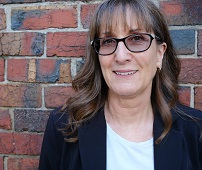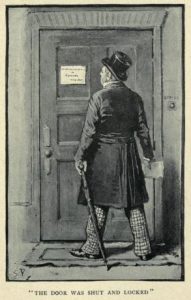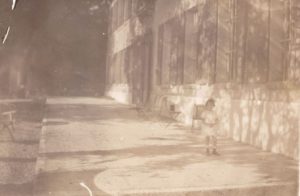I am not a courageous person. I will go out of my way to avoid conflict. I will accept responsibility, even for things I haven’t done, to avert tension and unpleasant situations. Although I have been rebellious in many ways, I prefer my rebellions to be private. I don’t often publicise my thoughts beyond my group of friends, especially my political views. So, I am probably not the best candidate to write a memoir. But I have. When my father died, I felt motivated to write about our often fraught relationship. Even as I wrote I soon realised I was turning the focus on a time of his life, instead of concentrating on us.
Then I took it to an editor for a manuscript assessment realised I have only begun to write a memoir. My words now need to be ripped apart, mixed with emotion, and then bound back together with my own personal reaction to the events I’m attempting to tell, or rather show the potential reader. I must force myself to open my life to anyone who chooses to read my work. It is one of my greatest fears. Even more important to me is protecting my family. In a convoluted way of thinking, I can criticise my parents or my ancestors, but I immediately flair up if someone else does.
There are writers who expose both themselves and their families extremely well, seemingly without hesitation. Karl Ove Knausgaard does it so well in his autobiographies. Speaking about his fear of his father, he writes “When I could see him I felt safer with him, and in a way that was what mattered most.” Later he gives us examples of how his father finds enjoyment in tormenting him:
“Can’t we put on the heating?” I asked. “It’s freezing in here.”
“Fweezing?” he mimicked. “We’re not putting on any heating, however fweezing it is.”
I couldn’t roll my “r”s, never had been able to say “r”, it was one of the traumas of my late childhood. My father used to mimic me, sometimes to make me aware that I couldn’t pronounce it, in a futile attempt to make me pull myself together and say “r” the way normal Sørland folk did, whenever something about me got on his nerves, like now.
I just turned and went back up the stairs. I did not want to give him the pleasure of seeing my moist eyes.
Reading those lines made me squirm, ashamed for him and his father, but at the same time I felt envy that he was brave enough to write in the way I would like to.
I’ve just finished reading Nadja Spiegelman’s memoir I’m Supposed to Protect You From All This, and I was blown away with her writing, envious of her ability to expose the good, the bad and the ugly of herself, her mother and her grandmother and their entwined relationships. Spiegelman poignantly describes her teenage battles with weight, which was the catalyst for fights with her mother. At one point, when she denies eating the snacks her mother had hidden, the fight escalates:
“Menteuse, menteuse, menteuse!” she screamed at me one day. Liar, liar, liar! Her trembling red face, too close to mine, was all that I could see. Her spittle hit my cheek. I lost control of myself. I slapped her, very hard. My palm stung. She reeled back, her eyes wide with shock.
If there is one thing I’ve learnt from reading these memoirs among others, is that courageous writing is possible. Just like learning that vulnerability is not necessarily bad, it is possible to learn how to write courageously. Perhaps the best teachers are those who have already done it.



